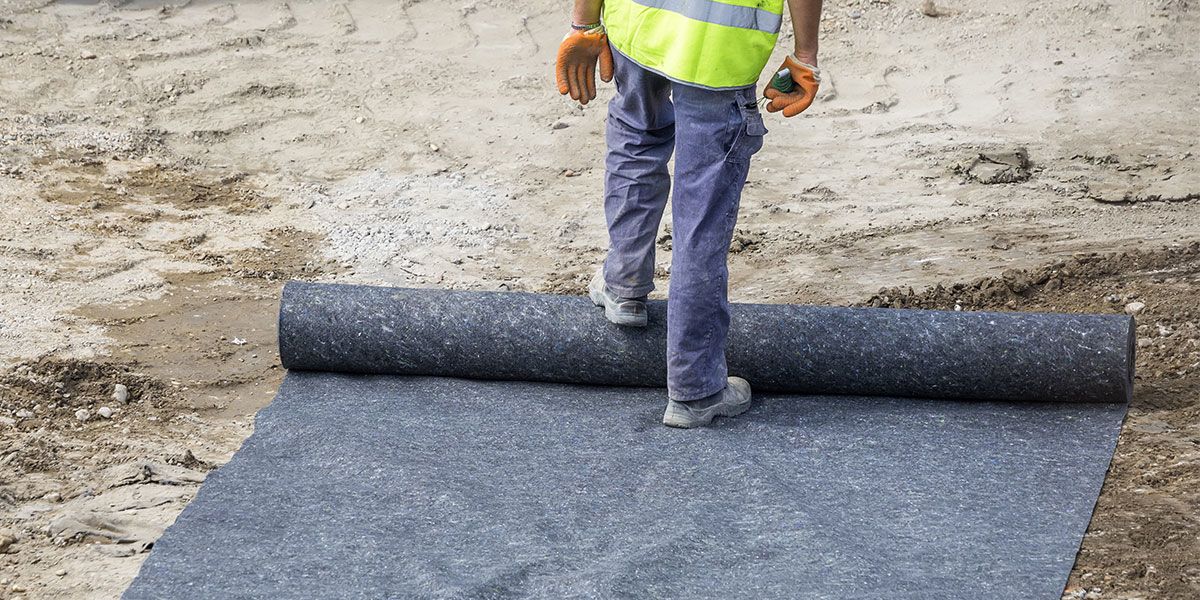In the construction and civil engineering sectors, geotextiles play a critical role in soil stabilization, erosion control, and drainage management. Selecting the factory geotextile best ensures that projects meet performance standards, reduce maintenance costs, and provide long-term durability. For B2B buyers, working with reliable manufacturers can make all the difference in delivering high-quality infrastructure solutions efficiently and sustainably.
Why High-Quality Geotextiles Matter
Geotextiles are versatile synthetic fabrics used in a wide range of industrial and civil applications. Choosing the right geotextile has several benefits:
Soil Stabilization: Reinforces weak or loose soil, preventing subsidence.
Erosion Control: Reduces surface runoff and soil loss in highways, embankments, and riverbanks.
Water Filtration and Drainage: Allows water flow while retaining soil particles, enhancing structural longevity.
Cost Efficiency: Durable geotextiles reduce maintenance and repair expenses over time.
Environmental Sustainability: Many geotextiles are made from recyclable or environmentally friendly materials.
Key Features of the Best Factory Geotextiles
When sourcing from a factory geotextile best, businesses should consider the following critical features:
High Tensile Strength: Ensures durability and load-bearing capability under heavy construction loads.
UV and Chemical Resistance: Maintains performance even in harsh outdoor or industrial environments.
Consistent Thickness and Weight: Guarantees uniform performance across large installation areas.
Permeability: Proper filtration and drainage for soil-water management.
Customization Options: Availability of tailored dimensions, weights, and technical specifications for specific projects.
Applications of Geotextiles in B2B Projects
Geotextiles are widely used in industrial and infrastructure projects due to their versatility and durability:
Highway and Road Construction: Reinforce subgrades and extend pavement lifespan.
Landfills and Waste Management: Protect liners and prevent soil contamination.
Railway Engineering: Stabilize ballast and prevent track settlement.
Coastal and Riverbank Projects: Reduce erosion and support slope stabilization.
What Makes a Factory Geotextile Best: Key Advantages
Not all geotextile factories deliver the same quality and performance. The best factory geotextile stands out through its advanced production capabilities and rigorous quality standards:
State-of-the-Art Manufacturing Equipment: Modern weaving and non-woven machinery ensures precise thickness, uniform weight, and high tensile strength.
Advanced Material Technology: Uses high-quality polypropylene or polyester fibers for durability, UV resistance, and chemical stability.
Consistent Quality Control: Implements strict testing for strength, permeability, elongation, and environmental compliance.
Large-Scale Production Capacity: Capable of supplying high-volume orders for industrial and infrastructure projects without compromising quality.
Innovation and R&D: Continuous development of specialized geotextiles for erosion control, drainage, and reinforcement applications.
Conclusion
Choosing the factory geotextile best ensures that infrastructure and industrial projects are built to last. High-quality geotextiles improve structural stability, prevent environmental damage, and reduce long-term maintenance costs. Partnering with a reputable manufacturer helps businesses achieve both performance and sustainability goals.
FAQ: Factory Geotextile Best
1. What defines the “best” factory geotextile?
The best geotextiles offer high tensile strength, UV resistance, consistent quality, and reliable filtration properties.
2. Are geotextiles suitable for all soil types?
Yes, but selecting the right type—woven or non-woven, based on project requirements—is essential for optimal performance.
3. How do geotextiles contribute to sustainability?
They prevent soil erosion, extend infrastructure life, and many are made from recyclable or eco-friendly materials.
4. Can geotextiles be customized for large-scale projects?
Absolutely. Leading manufacturers provide tailored widths, lengths, weights, and technical specifications to meet specific project needs.
Post time: Oct-15-2025

